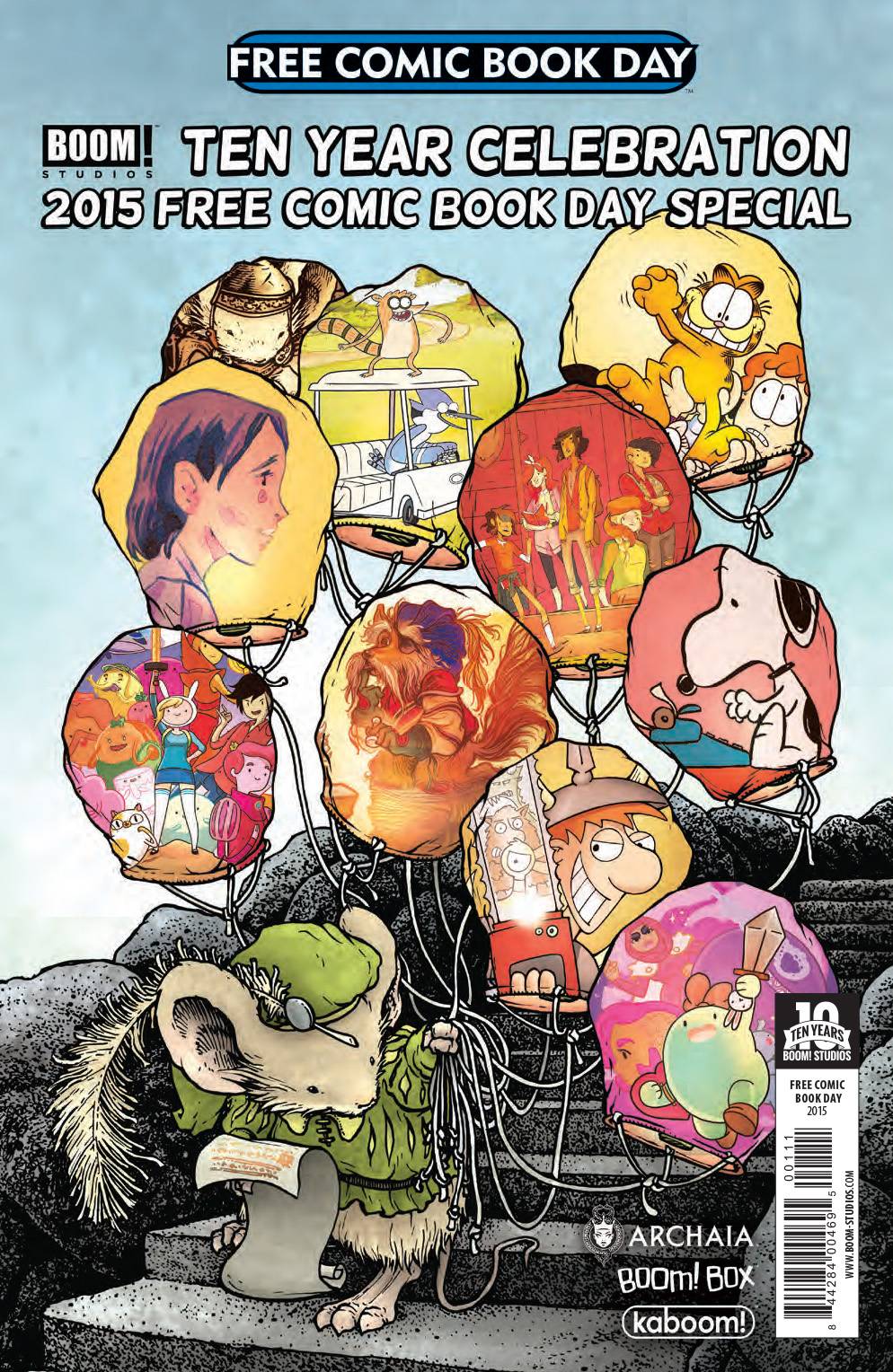

Indeed, they use fun as a means of advocating a progressive agenda. These are the most fun comic books currently on the market, and among the most progressive. Superhero comics of the 1980s and 1990s inspired by Watchmen and Frank Miller’s Daredevil sought to sever the association between comics and children’s entertainment, and one way they did so was by making themselves less unselfconsciously fun.Īn important corrective to these false impressions - that progressive politics shouldn’t be fun, and that commercial comics aren’t fun anymore - is BOOM! Studios’s BOOM! Box line of comics, edited by Shannon Watters. Starting in the 1980s, commercial comics increasingly strove for seriousness and respectability, at the expense of the exuberant, lighthearted entertainment that characterized the Code-approved comics of earlier ages. The reaction against fun is not, of course, exclusive to comics that aren’t specifically feminist or progressive in nature. As important as comics like these are, their ideological projects can reinforce the false impression that fun is inherently opposed to progressive politics, or that it can’t be used in progressive ways. And Kelly Sue DeConnick and Valentine De Landro’s Bitch Planet, while on one level recalling exploitation cinema, is on another level dedicated to unmasking the violence lurking behind the pleasant, “compliant” attitude that women are asked to project. The title of Alison Bechdel’s Fun Home is deliberately ironic, since the home depicted in the book, like the book itself, is not fun at all.

Many important current comics have adopted this project of, if not killing, then at least interrogating the concept of fun. One feminist project could be to give the killjoy back her voice. To be unseated by the table of happiness might be to threaten not simply that table, but what gathers around it, what gathers on it To threaten the loss of the seat can be to kill the joy of the seated Let’s take the figure of the feminist killjoy seriously. That is the intention of this article.” More recently, Ian Bogost has argued against the central role of fun in game studies, and Sara Ahmed has described the critique of happiness as a key part of the feminist project: In 1975, for instance, Laura Mulvey wrote, “It is said that analysing pleasure, or beauty, destroys it. While this is a stereotype, it has a grain of truth, insofar as feminists and progressives sometimes make their opposition to fun explicit. Progressives and so-called SJWs are often stereotyped as humorless killjoys, so committed to ideological purity that they can’t take a joke. PROGRESSIVE POLITICS are often perceived as the natural enemy of fun.


 0 kommentar(er)
0 kommentar(er)
